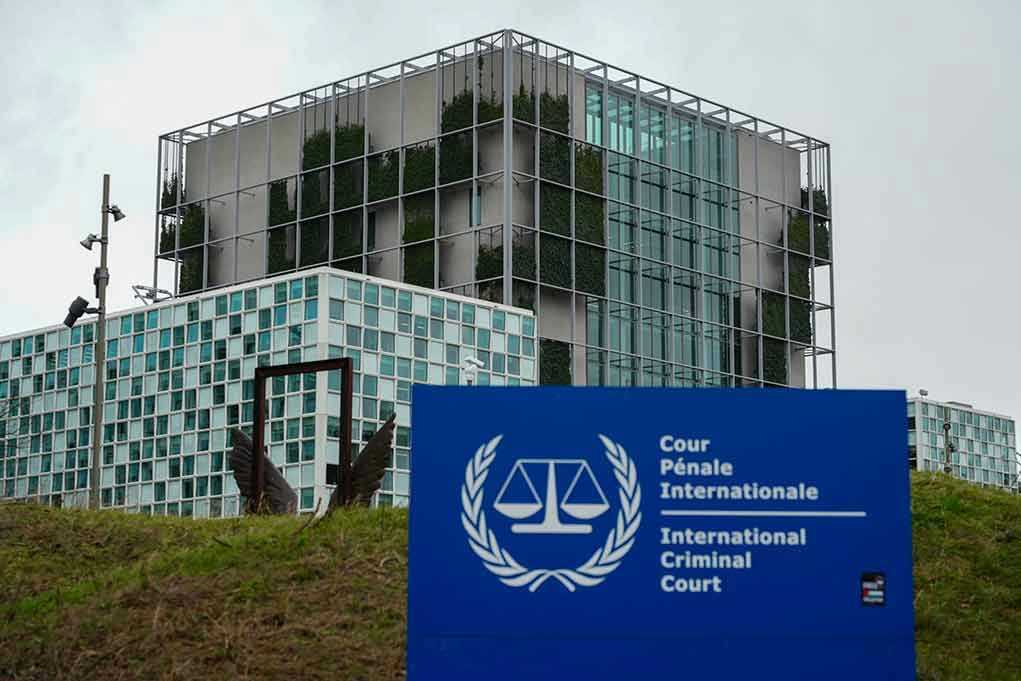
If you want to see government overreach, judicial activism, and political lawfare bulldozing democracy, look no further than the courtroom farce that’s been dragging Benjamin Netanyahu—and Israeli sovereignty—through the mud for years.
At a Glance
- Israel’s Supreme Court faces accusations of undermining democracy by interfering with elected officials and blocking government decisions.
- Prime Minister Netanyahu stands trial for corruption charges while leading a nation at war, fueling mass protests and legal chaos.
- Judicial reform efforts spark unprecedented standoffs between Israel’s government and judiciary, threatening the country’s stability.
- Advocacy groups and entrenched officials weaponize the legal system against Netanyahu, raising serious concerns about political bias and separation of powers.
Judicial Overreach: When the Robes Become the Ruling Party
The Israeli Supreme Court has enjoyed unchecked influence for decades, often acting as the nation’s final word on everything from cabinet appointments to national security protocols. Their so-called “judicial activism” has rapidly morphed into judicial imperialism, with unelected judges wielding the kind of power our Founders would have called tyranny. Since Netanyahu’s indictment on bribery, fraud, and breach of trust in 2019, the courts have only tightened their grip, repeatedly blocking the will of the elected government and fueling a toxic legal circus that makes America’s own “resistance” look like amateur hour.
The latest episode reads like a parody of constitutional government. Netanyahu, having returned to power in late 2022, set out to reform this runaway judiciary—a move that instantly triggered the left-leaning establishment. In early 2025, Netanyahu tried to dismiss Attorney General Gali Baharav-Miara and Shin Bet head Ronen Bar, both of whom have been relentless roadblocks to his agenda. The Supreme Court, never one to respect boundaries, jumped in to suspend those dismissals, citing “conflict of interest” because, of course, only their conflicts count. The result? Protests, legal petitions, and a government paralyzed by perpetual courtroom drama.
Lawfare: Political Opponents, Not Prosecutors
Advocacy groups like “Democratic Fortress” have seized the moment, petitioning the Supreme Court to declare Netanyahu unfit for office—despite the fact that the Israeli public, not a clique of lawyers, put him there. Their argument? That Netanyahu’s efforts to govern violate vague “conflict-of-interest” rules and threaten the “rule of law.” If that sounds familiar, it’s the same tired playbook used by entrenched bureaucrats and activist judges everywhere: When you can’t beat your opponent at the ballot box, try to cancel him in court.
The attorney general, herself a holdover from a previous government, has been openly hostile, accusing Netanyahu of abusing power for personal gain. She’s become a folk hero to the anti-government camp, despite being unelected and unaccountable. Meanwhile, the judicial branch has used every tool to delay and derail the government’s actions—blocking key appointments, threatening to sideline the prime minister, and essentially running the country from the bench. The message is clear: The voters’ choice is secondary to the judiciary’s preferences.
A Country at a Crossroads: Democracy or Oligarchy?
All of this unfolds as Israel faces existential threats: war with Hamas, saber-rattling from Iran, and the ever-present risk of domestic unrest. In this climate, the endless legal and political trench warfare isn’t just reckless—it’s dangerous. The government’s ability to function has been crippled by these legal hijinks, with mass protests on both sides and officials looking over their shoulders for the next subpoena. It’s a recipe for instability, and the only winners are the bureaucrats and activists who thrive on chaos.
Legal scholars warn that this crisis could permanently undermine the rule of law, setting a precedent for judicial overreach that can’t be reversed. Others argue that the courts are all that stand between Israel and dictatorship—a laughable claim, given that the real power grab is happening in the courtroom, not the Knesset. The Israeli public is left divided, disillusioned, and more polarized than ever.
Why the Charges Must Be Dropped—Now
Netanyahu’s trial has become a political weapon, wielded by those who fear losing their grip on the levers of power. The Supreme Court’s interventions have gone beyond oversight and entered the realm of obstruction. If this continues, Israel risks sliding from democracy into a regime where unelected elites dictate policy from behind a gavel. Dropping the charges against Netanyahu isn’t just about one man—it’s about restoring democratic accountability and reining in a judiciary that has forgotten its place. The world should be watching, because the same lawfare tactics are already infecting Western democracies everywhere.
The Israeli people deserve a government that responds to their will, not a legal system rigged to protect its own. If there’s any hope for real reform, the courts must step back, the charges must be dropped, and the business of governing must return to the people’s representatives—not their self-appointed guardians in black robes.











